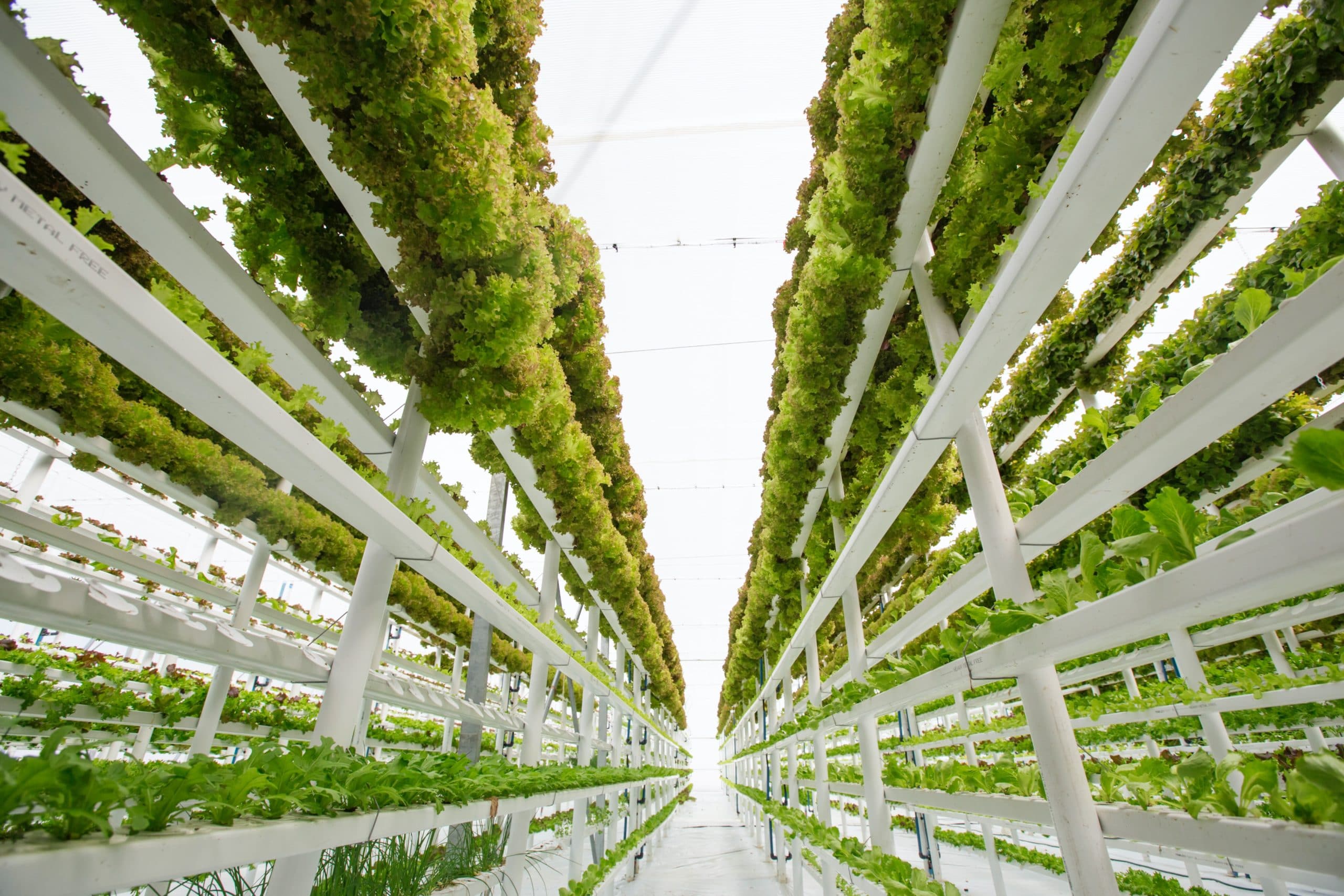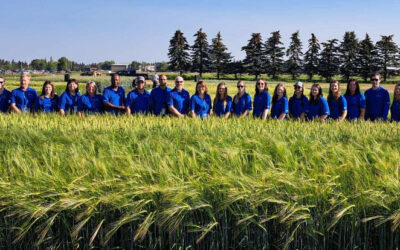As you look to the future of vegetable growing, look up, not out. Vertical farms are taking urban centers by storm, and seed and agriculture companies are poised to meet the unique challenges this environment poses.
The trend is proven with fledgling U-Pick operation, FairyTail Gardens’ owner Racheal Marsh, in Red Deer, Alta. This growing operation will add vertical production greenhouses to their repertoire. After Marsh completes the purchase of a six-acre plot, it’ll include two acres of orchard trees and up to 10 vertical greenhouses, covering the remaining four acres.
“When I think about the seeds we’ll buy, it needs not only the same or better yields, but I want to make sure the flavor and colors are the same,” Marsh says. “I’ll also want to keep an eye out for nutritional value.”
With certain cropping systems moving to indoor environments, it provides new opportunities for seed breeders. Because the crop won’t be exposed to abiotic stressors, weeds and other pests found in field environments, it means breeding can be far more ‘offensive’ than ‘defensive’ for this growing strategy.
“Plants have been bred and selected for field situations,” said Gail Taylor, professor and chair of the Department of Plant Sciences at the University of California in a recent article by the college. “In vertical agriculture, we’ll need new types of plants, and we’ll need to re-engineer them in ways that are suitable for growth.”
To this point, vertical vegetable growers have simply been using commercial field varieties. As seed companies see potential for this growing medium, new breeding and research efforts are underway.
The environment in which vertical grown crops are produced is entirely different than field crops and even greenhouses – which means the breeding priorities should be and are different.
A $30 Million Approach
Advancing vertical farming-specific varieties is twofold: one, it’s finding current seed options that are best suited to the environment; two, it’s creating new varieties through breeding. Both of which will take dedicated effort, time and resources.
“I noticed we have these amazing indoor facilities, just amazing operations, and they’re just desperate to find seed,” says John Purcell, CEO of startup Unfold, a California-based startup with a focus on identifying and creating varieties for vertical farming.
“Seed companies were basically just giving these growers whatever they developed for Salinas Valley, or the Arizona desert – whatever was there. We’re lacking genetics honed for use in these systems.”
Purcell’s company, Unfold, was funded by Temasek and Bayer to focus entirely on producing new varieties catered to vertical farming, in addition to testing today’s approved varieties to see what’s the best fit. The company achieved $30 million in round one of funding.
Because Bayer is taking an active role in investing in Unfold, Purcell and his team have access to Bayer’s vegetable genetics for use in breeding and research. This provides a quick-start to creating new products.
“We have five crops to start: lettuce, spinach, tomato, pepper and cucumber,” Purcell says. “As we expand, we have the opportunity to add more crops like berries.”
Fruiting crops such as berries aren’t common to the vertical production system, which favors leafy greens, herbs and spices. As the popularity of vertical production increases, the need to expand into more crops will grow.
“I’ve found a lot of emphasis on lettuce and leafy greens,” Marsh says. “I want to see if we can start producing rooting vegetables like carrots in this system. I’m not hearing a whole lot about that and it’s important to my market.”
It’s clear, the future for vertical farming, with more research and effort focused on the practice, is looking up.
Related Articles
BASF Closes Acquisition of Vegetable Seeds Business from Bayer
Three AAF Research Programs Transferred to University of Lethbridge





